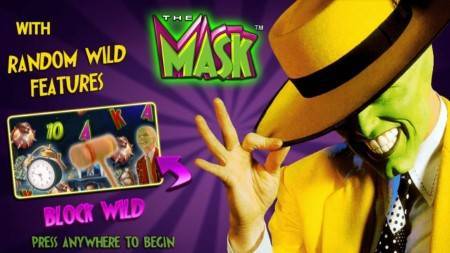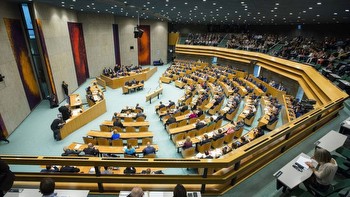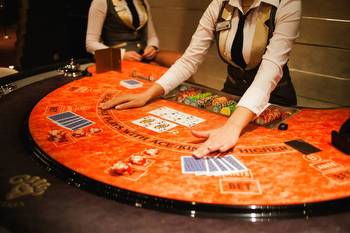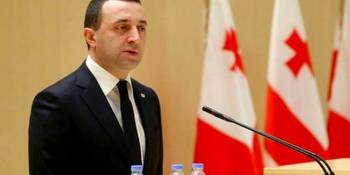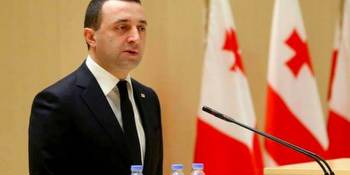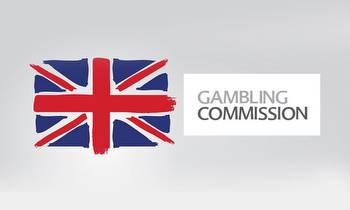Georgia passes bill with gambling restrictions, higher taxes and age limit, advertising ban
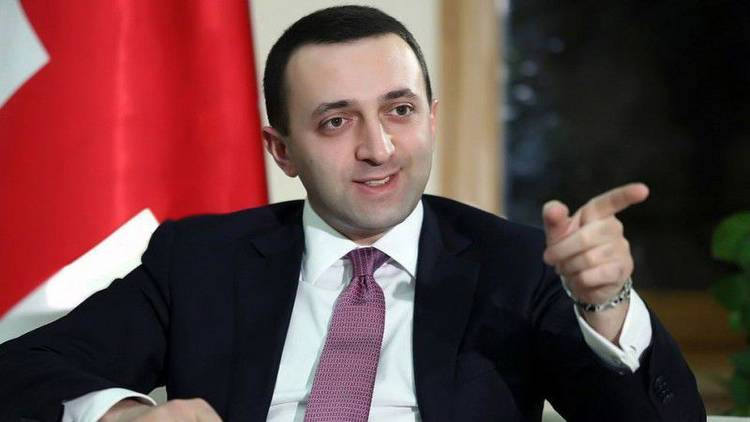
Georgia’s parliament passed a bill Wednesday imposing restrictions on gambling, including the rise of the age limit for gambling, banning advertisements, and increased taxes on the industry.
The package law includes the imposition of a 10% tax on gross gaming revenue as opposed to the current tax on profits, as well as a 2% tax on winnings. The new bill will also ban people receiving social benefits as well as public employees from gamling, starting from January.
From March onwards, those under 25 will be banned from gambling. The previous law limited slot halls and online gambling to those aged 18 and above, and casinos to those aged 21 and up.
The amendments also ban Georgian bank-issued cards from being used for gambling services registered outside the country. The law also includes a blanket ban on gambling advertisements from March, including physical, online and broadcasts. There is an exception for sponsorship banners at sports events, as well as on the clothing of sportspeople.
Violating the advertising ban will result in a $3,200 fine, which will be doubled if repeated. Gaming operators caught allowing someone ineligible to use their services will face the same fines.
Due to problem gambling, activists have long campaigned for restrictions on gambling in Georgia. Critics, however, have cast doubts about the constitutionality of the new law, and have warned about unintended consequences. Major TV companies have also claimed that the bill is aimed at curtailing essential advertising revenues.
Advocates have claimed that widespread gambling advertisements have lured Georgians into taking excessive loans in the hope of making quick and easy money, entrapping them into deeper financial problems.
On Monday, Tamar Japaridze, head of Mothers Against Gambling, hailed the initiative but also urged lawmakers to direct 10% of the tax revenues received from the gaming industry to finance treatment for gambling addiction. With the recently amended legislation, family members will be able to appeal to the courts to have relatives that they deem to be suffering from gambling addiction blacklisted.
However, the new law failed to garner support from most opposition groups, such as Lelo, Strategy Aghmashenebeli and Girichi - New Political Centre.
While Lelo conceded that the industry needed more regulations, MPs described the law as rushed and "populist". During a recent interview, Lelo’s Saba Buadze spoke about Prime Minister Irakli Gharibashvili’s approach as “contradictory”, citing a recent statement in which he vowed to “assist” casinos to help boost the economy and the country’s “tourism potential”. Gharibashvili recently set up a special economic zone in Gonio – a settlement near the capital Adjaria, Batumi – that would also house casinos.
The chair of the Georgian Gambling Association, Giorgi Mamulaishvili, has argued that Georgia risked pushing people to switch to illegal sites, which would turn Georgia's market into an unregulated one.
Several opponents of the restrictions, including EuropeBet and the Human Rights Centre, have also argued that increasing the age limit to 25 would be unconstitutional, given the freedoms and responsibilities granted to those who reach the age of majority.
Critics have also pointed to the effects the ban on gambling advertising could have on media organizations. The Media Advocacy Coalition also criticized the initiative for being discussed in an expedited manner. It underlined that fast-tracked hearings on the draft package deprived stakeholders from properly discussing its effect on the state budget and media sector, including the latter’s financial independence.
A ban on advertisements, originally planned to come into force in January, was pushed back to March as a compromise proposed by the ruling party, which rejected other accommodations requested by the media and opposition groups.
Georgian Dream rejected several proposals by Lelo, including limiting TV advertisements only during the daytime, focusing more on gambling education, and introducing some temporary tax breaks for media groups.
A 2018 study by Alternative Georgia, an advocacy group working on addiction, found that 87% of Georgians who gambled at least once a month during the previous year claimed to have sold something or borrowed money due to their gambling. A further 2019 report by the European School Survey Project on Alcohol and Other Drugs also found that 13% of 15–16-year-olds in Georgia had gambled in the previous year, and of those, 12% had engaged in problem gambling.







